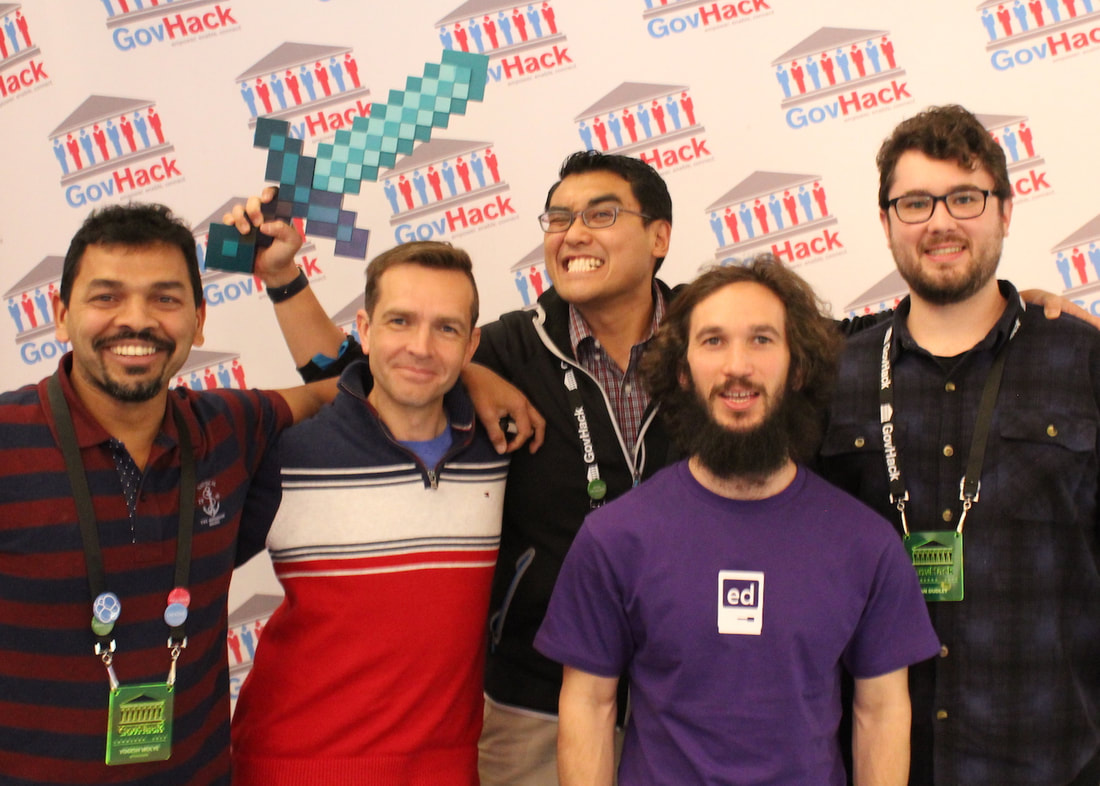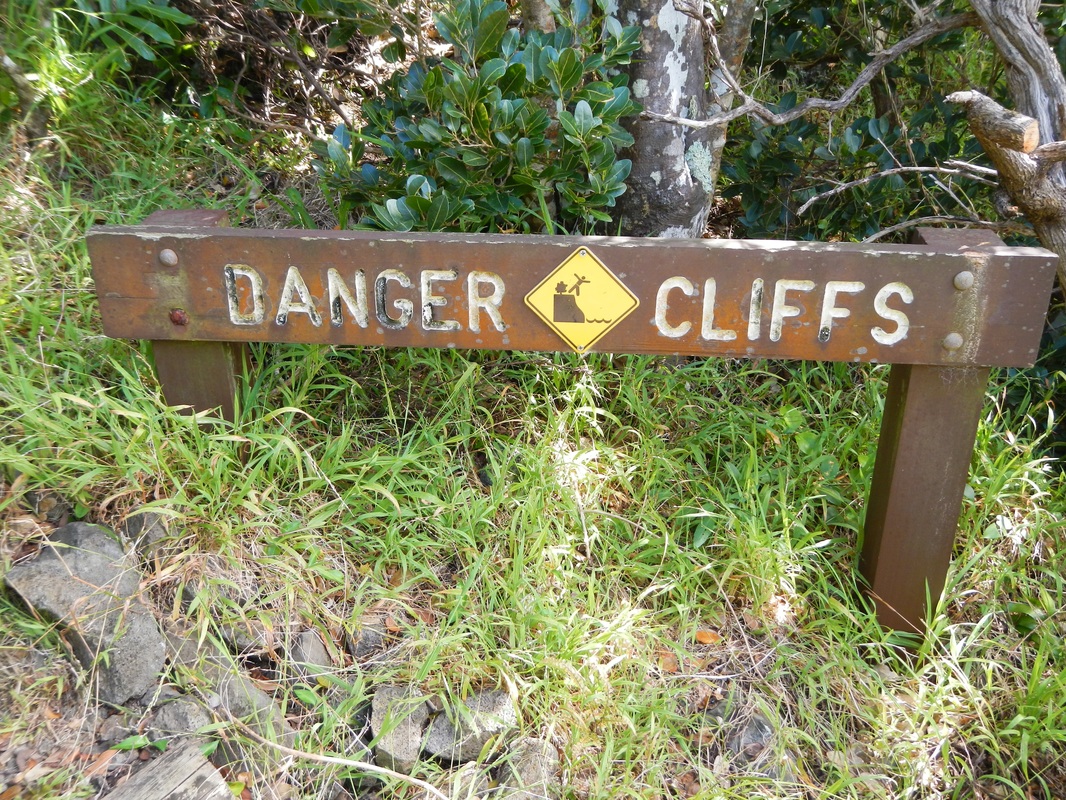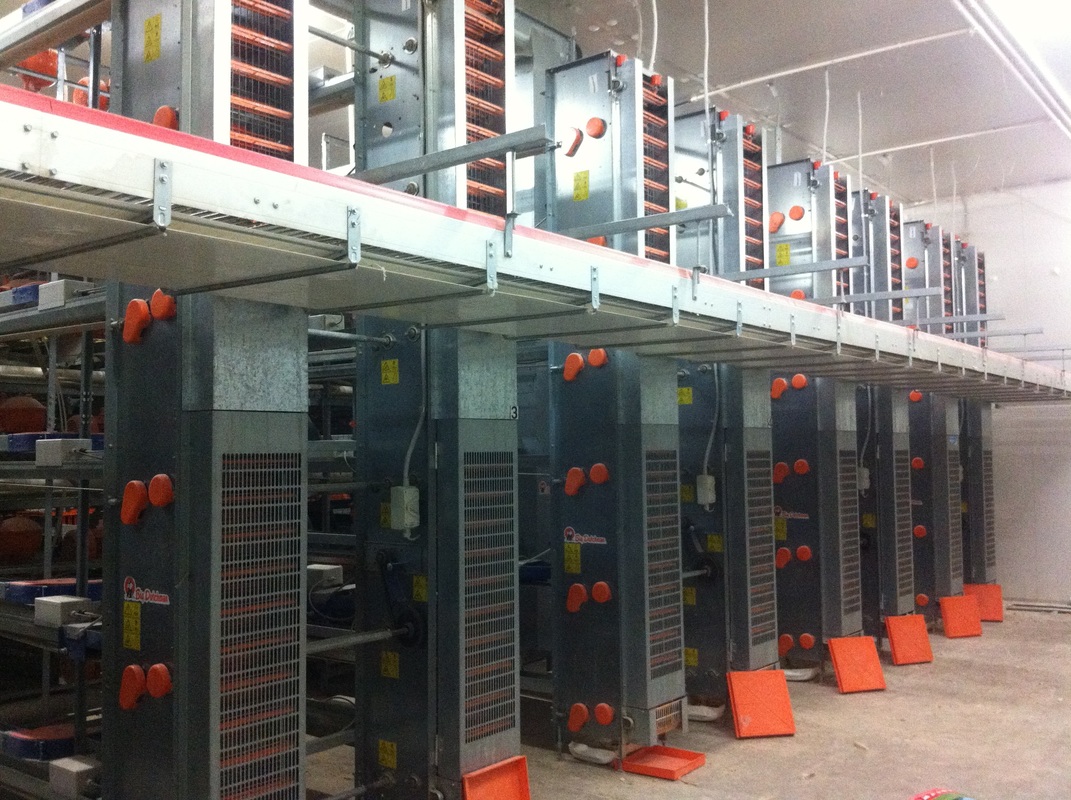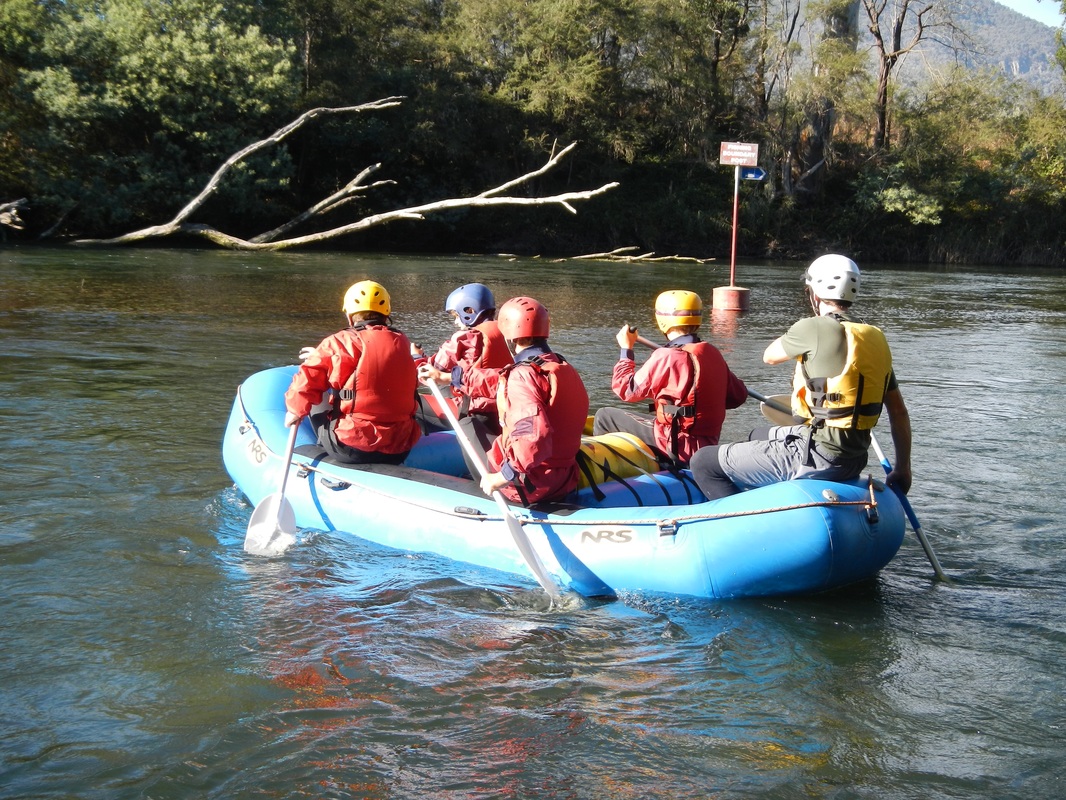|
The GovHack Team - 2017! I felt the bracing cold of Canberra, as I stepped from the car in anticipation of another challenging weekend at GovHack. I can understand why the Federal Parliament has a winter recess! However, despite this, I was rugged up and ready. Walking up to the Snow Centre (Canberra Grammar’s amazing technology building), it was lit up with the GovHack and CGS logo projected onto the wall, looking more like a night club, than a school. Thinking of which, imagine how much money you could make from doing pop-up night clubs in schools on the weekends and in the holidays! Think about it! You have the venue, the sound systems, plenty of parking… You just need a liquor licence and you could make a ton of money! Hmmm I could be onto something… (patent pending © David Gregory 2017!!!) Anyway, walking in, the place was buzzing with excitement. Even the registration process was cool, as I lined up to register. It was in a darkened room, illuminated by a number of computers. My name badge had been printed on this cool looking Perspex, which in the darkened room appeared to glow. Armed with my badge and my laptop, I walked around and said hi to a few people I’d met last year. However, my nerves were starting to kick in. For me this sort of event, at least getting started is way outside my comfort zone. I may run around the countryside mountain biking, hiking, exploring new places and speaking to large audiences without any problems, going into an unknown project with a team of people I haven't even met yet is a tough and challenging experience for me. However, that's the whole point! Part of the challenge for me in doing something like this, is the fact that it is confronting and nerve wracking stepping out into the unknown. Whilst I often talk about ways in which to push others outside their comfort zone, it makes little sense to be teaching this, unless you're going to do it yourself. Despite the nerves, the apprehension and not knowing how that night was going to turn out let alone the whole weekend, I walked in. Always worried that I wouldn’t be able to find a team, I pushed through this negative thinking, in anticipation of what could be. As usual, I was proved wrong on this. At the team forming point, I met some amazing and diverse people with whom I ended up working. Whilst there are prizes for the most innovative use of data and a range of other categories, for me success was more to do with finding a team and working with that team to produce something interesting over the next forty six hours. The excited noise of the crowd subsided, as ACT organiser Matt Purcell introduced the evening and ran through the rules of the event and provided a rundown of everything that was happening over the weekend and most importantly what was for dinner! At the conclusion of his presentation, there was hurried activity as teams scrambled to their breakout rooms to start hacking, or grab a can of drink from the fridge, both good options! For our team, the first challenge was to get to know everybody's names and work out what everybody's strengths were. We quickly went around the table and introduced ourselves with a quick background as to what we do and why we were competing at GovHack. Most teams had been organised beforehand and many of them had already devised some idea of the sort of projects they were going to work on. However, when you’ve just created a brand-new team with people you’ve never even met before, suddenly the challenge of this exercise escalates. Not only do you have to get to know people and work out their strengths really quickly, you have to come up with a cohesive and innovative idea using government data and produce at least a semi-working prototype within forty six hours. For many, this might be an overwhelming task. However, I believe the key to success in this is effective communication. Even though we weren't able to go straight to a room and start working on our project, we were able to communicate effectively with each other and through our discussions and brainstorming, ideas started to flow and slowly come together. As I've said many times before, for me being innovative is really hard sitting around a table. Yet this time, I found as ideas were being thrown up as to what datasets could be used, I was able to start bouncing ideas back that over the next hour and a half started to form into something quite interesting. The only thing which stumped all of us was the team name, which in the end pretty much ended up being based upon the solution that we created. So what did we come up with? After harassing countless government mentors and asking them what their biggest problem was, we came up with a mashup idea which evolved from using the cat restricted area data to chase down rogue cats, to a mobile app which allows drivers to quickly and accurately report injured wildlife to ACT Wildlife services. With the ultimate aim of faster rescue services and better data-capture on injured wildlife, our team got to work to research the impact of this in more depth and then built a business case and prototype from this. The day seemed to evaporate as we brainstormed, planned and developed the idea. The sun had set and the rich tantalising smell of Indian food wafted through the air. With the organisers catering for 170 people, I've never seen so many massive buckets of curry in my life. It was a much needed and appreciated meal after a long day of hacking! I headed off around 8:30 that evening after what had been a very productive day of team work. We’d all been working on our individual tasks, which were all contributing to the big picture of our overall project. The next day started slowly, but the pace picked up to frantic levels as the deadline approached. We’d completed the project and the video just in time. However, after the first attempt to export the video from iMovie to YouTube failed, I had to do it manually and when I did, the computer was telling me it would take 26mins to upload the video and there were 13mins to go!!! Not able to rely on a timely server crash, I quickly re-exported the video at a much lower res and nervously cancelled the upload, removed the file and started again! The smaller video file uploaded quicker than I expected and thankfully with 4 mins to go, it was in! Honey I Hit a Roo! - https://youtu.be/Gpi8EZiYi2Q As the upload was confirmed, a great feeling of relief and achievement flooded in. It felt great to have successfully completed a project that two days ago, we had no idea about. Whilst at this point, it’s easy to reflect and say there was nothing to worry about, which in the end was true, if I hadn’t challenged myself and pushed myself outside my own comfort zone, I’d never have met such a great team who included Yogesh, Anthony, Ian and Mahathir and been able to create a really cool solution to a massive problem in Australia. For the remainder of the year, I encourage everyone to do something that’s way outside their comfort zone. Don’t just teach it! Actually do it! Through this, you can become far more confident and effective in your own work and your own life. For me, this was such a great weekend, meeting new people and reconnecting with others I hadn’t seen in a long time. If you’ve never been to something like GovHack, then you must save the date for next year! A huge thankyou to Canberra Grammar, Matt Purcell and all the other GovHack volunteers who made it such an amazing weekend! Great work for me! It was a wonderful experience and the atmosphere of the whole event spoke volumes about how well it was done!
0 Comments
There’s a phenomenon in Education that’s a strange thing to see and experience but when you look at it in more detail, it makes perfect sense. Often schools are quite dysfunctional places from a managerial point of view and you have people who are promoted into management positions who are often inexperienced and totally unsuited for the positions.
A good teacher doesn't necessarily make a good administrator. As a result, if the wrong people get promoted into positions of influence, you risk ending up with what can be a toxic culture. When this happens, you find incompetent managers surrounding themselves with more incompetent managers to try and hide the fact that they’re useless. This is common practice in any organisation, which results in higher staff turnover and lowers productivity. If this is the case, why do schools keep functioning for longer when a comparable business or organisation would be falling apart at the seams? Why do schools keep rolling along and producing reasonable outcomes? Unfortunately, it comes down to the ability of a school to blackmail its teachers. This might seem to be an extreme statement. However, it's quite an apt analysis of a dysfunctional school. Despite layers of incompetent managers in a toxic school, you still have genuinely hard-working teachers who want the best for their students. They want good educational outcomes and they want the students to be learning now, what the other workplace pressures could be. Unfortunately, this results in a very strange situation. On the one hand managers are driving a completely different agenda to what the school needs from an educational point of view. On the other hand, you have teachers doing their best for the students, which could be quite out of touch with what the school management sees as valuable. This odd situation can be sustained for a long period of time because the teachers on the frontline do the best they can for their students. If you have a reliable core group of teachers, despite the incompetent management, often schools just keep rolling along without much of a noticeable problem. As long as nobody in management molests any children or runs the school into bankruptcy, incompetent managers seem to stay for years and years, because their incompetence is often covered up by the hard work and desire of other teachers to provide the best opportunities for students. However, any sort of hardworking individual no matter how motivated, will end up being worn down by this situation. Despite the desire to help students, the longer poor management remains, the greater the decline of the school. It might be a much slower burn than in private enterprise, but once you have disengaged teachers then the entire school becomes toxic, staff turnover increases and good educational outcomes for students becomes a distant memory. How do you address this? Firstly, you need better managerial oversight. You need better schools’ boards that actually understand the business of education, not just business. They need to look carefully at the connectivity between what teaching staff are doing and what senior management is doing. Forget the grand strategic building plans. What are the actual educational outcomes for the students? How are they being achieved? Why not get feedback from the students on the entire organization, not just the classroom teacher? This could provide a fascinating insight into how a school is going. Performance review should be an ongoing process initiated by senior management to ensure continuous improvement for the school. Teachers and students should be able to provide feedback for senior management on a regular basis. This can provide a much better overview of how well the organisation is going. Is the direction being set by management translating into proactive, positive and effective educational outcomes for students? Or is there a toxic disconnect that’s eating away at the school from within? Unfortunately, due to the slow burning nature of decline within a school, it might take many years to notice the dysfunction. By then, it's too late and all your good staff will have given up and left. However, by carefully selecting those to manage versus those who should remain in the classroom, this can help to alleviate this concern. Seeking feedback from staff and students and approaching the organisation with a view of continuous improvement, is vital in developing a positive and transparent culture. You want to avoid the slow burn into decline and instead set a clear vision of what the school stands for and everything the school does should be focused on achieving this ultimate educational goal. As a result, you will increase staff retention and provide the best educational experience possible for your students. Validation has a pretty clear definition. You're basically making sure something works. If it's at the airport, your passport is validated to make sure you are who you say you are. With some jobs, your uni transcripts are validated to ensure that you’ve got the results you needed. However, in the tech world, it’s a term which can be easily used and abused. Sure everyone wants to validate that their great idea is useful and people will use it, but often the unanswered question is, will they pay money for it?
The idea of monetisation is an assumption that is often an afterthought and a case of ‘well if we get enough people onboard using and liking the platform for free, then they’ll be happy to pay for eventually’. Whilst in some cases, this has worked where businesses have been able to provide a basic service for free and then paid business services, this isn’t always the case. It's like running a café for free. You get to have as much coffee as you like, but if you want to have food with that, then you pay. I’d have tons of customers, but I'd be broke very quickly, unless I raised capital, but I won't go into that again. Many tech startups gather users as their method of validation, which is one measure. You can have a bunch of users that like or love your product, but if they're not going to pay for it, your business isn't going to be around for very long. As always, there's exceptions to the rule on this, but the harsh reality for the majority of tech businesses is that they need paying customers, without which you’ll need to be finding yourself another job. This is why you need to validate your idea on both a user level and a commercial level. If you can't answer the question, ‘How do you make money with this?’ then don't waste your time and money building it. My first experience in the tech world was like this. My brother had a great idea to make livestock markets more transparent and efficient. It was an awesome logical idea which hadn't been done before. Validation testing showed that farmers wanted a better way to get and compare prices. Meat processors were keen to modernise practices. The problem for me however, remained … How was this going to make money? Having run another business, I was well aware of the need for paying customers. I wouldn't have had the business for six years before selling it, if I hadn’t had great regular customers coming in each day and paying for the products and services we provided. With this livestock idea, I sat in meeting after meeting being told, “Don't worry. This is how you can eventually charge users for your service.” The grand sweeping statements of yeah, we can do this and that and charge this customer for this and then you'll gather so many users and market data. The valuation of your business will be X. I unfortunately sat there silently, listening to this crap and thinking, ‘This is so stupid,’ these people have no idea. However, I wanted to support my brother in his venture. I stupidly assumed because he knew the industry far better than I did, it would work. In hindsight, I should have said something at the time. That nagging thought in my mind that nobody would want to pay for this, proved to be correct. Whilst the idea was great and people liked it, it was the sort of platform that should've been done as an internal project for livestock companies or meat processors to create value thorough increased efficiencies, not as a third party project. The cost to implement this with the geographically diverse customers and tailor it for their systems, proved also to be prohibitively expensive. However, despite this being an expensive lesson, it was worth it because from this I've been able to claw away a lot of the fantasy tech industry crap to ensure anything we do now has a paying customer business base from the very start. I've had countless good ideas before and after this project, but since I couldn't work out how to make money from them, they were all archived into the business ideas folder of my laptop as a reminder. You can have a great idea, but turning it into a business is a whole other thing. So for your next tech idea, or any business idea, when you're developing your business plan, the most important thing to focus on is who is going to pay for this and how much will they be willing to pay? Once you have this locked down, you’ll be able to see if this is going to be a total waste of time, or an amazing viable business! Often in life, we find ourselves in situations where you get asked something by a friend and in hindsight you probably should've said no. I found myself in one such situation a few years ago. I was doing some volunteer work in my hometown of Tamworth when one of the committee members who owns a chicken farm, asked me if I'd like to come and help move some chickens. ‘How hard could that be?’ I thought. Move a few chickens from one shed to another, easy! At the time, I'd been doing a few casual jobs, as well as the volunteer work so a few more dollars and the offer of pizza for dinner was a tempting offer I didn't want to knock back.
“Sure, be happy to help out!” I replied, not knowing what exactly I was getting myself into. But hey, let’s not forget the aforementioned pizza! That evening I drove out to the property, which was about 20 minutes out of town. Now it's funny what goes through your mind when you're not sure what you're getting yourself into. I had visions of picking up nice soft little chickens and placing them in little tubs and carrying them a short distance into another shed. I’m not entirely sure why I thought that, but that was my impression of the job. Sadly, this was not the case… On arrival, I saw a scruffy looking crew of chicken movers and I immediately felt overdressed in my jeans and T-Shirt. I did wear old jeans, just not old enough. My induction was swift and to the point. Grab six chickens with each hand and load them in the crate. “Ok… How many are there?” I asked “5000!” was the reply. “Oh crap,” I thought as I walked into the shed to see thousands of chickens before me. Well it was too late to turn this down and this was certainly a new challenge for me! So I jumped right in and started grabbing chickens by the legs. The whole thing was really well co-ordinated. There were the catchers, who would catch the chickens and then hand them on to the collectors. The collectors would ‘collect’ the six chickens in each hand, then carry them over and load them into the crates. The crates would then be loaded and stacked onto the back of a truck. This was hard work! It was summer and the evening air was hot. Add to this, the dust in the shed that'd been kicked up by the commotion, the smell, the noise, the pecking, the scratching and the chicken poo all made this the weirdest and hardest night of physical work is ever done. Everyone kept changing roles of catching, collecting and loading crates. After a couple of hours of work, the job was completed. The shed was empty and the huge truck was fully laden with 5000 enormously noisy chickens. My work here was done! Well… not quite. Now it was time to unload them all. We drove the truck to the other side of the farm to another shed where we proceeded to unload the crates, stack them onto trollies and then take all the chickens out. Crate after crate I lifted, getting covered with more and more chicken crap. Another couple of hours later, the truck was empty and I was trashed. I was so tired I'd forgotten about the pizza! But when it arrived, I sparked back to life! It was so worth it. Although I couldn't even look at the chicken pizza without cringing, I hungrily munched several pieces. Looking down, my hands were scratched to pieces, my clothes covered in blood and chicken crap and I couldn't even begin to describe the smell. I needed to get home for a shower! Just as I was leaving, my friend said, “Thanks for helping out tonight. That's a good start. We've only got another 15,000 to move. So, same time tomorrow?” Exhausted, I stared back blankly… and with a smile replied, “Sure, same time tomorrow!” This is a crossover post between my education blog and business blog, as it fits in both. However, since Experiential education is any education where you just go out to do something. It’s not about theories. It’s not about book work. It’s about getting in and actively problem solving or engaging in a real world activity that’s malleable, has real consequences and outcomes which are either positive or negative, depending on how somebody approaches the task.
So why is this so important? One of the big problems with mainstream education, is the fact that most of it is completely impractical. Most academics would yell savage rebukes and cast terse derision on me from their lofty ivory towers, which incidentally were all built by tradesmen and artisans. However, I’m not here to knock academics and the role in education, because they play an extremely important role, but it’s not one for everyone. Experiential education, on the other hand, is for everybody. It’s the way people have learnt for tens of thousands of years. One of my favourite lines from The Simpsons, is when Homer turns the hot water on, scolds himself and yells out in disbelief. “What?! H Means Hot!” This really sums up how experiential and education works. You do something and there is a real consequence. Much of this has been lost by the drive of politicians to make sure that academic standards are high. Unfortunately, this doesn’t translate into practical jobs for students leaving school. A whopping 2/3 of school leavers will never go to uni, yet almost the entire educational framework is based around training to encourage everyone to go to uni. It just makes no sense! This is only scratching the surface of a much broader issue, so over the next while on this blog and my education one, I’m going to explore more practical ways of learning through experiential education. What lessons do people remember the most? It’s the ones where they see or experience a real outcome not just the theory of an outcome. |
Archives
December 2017
Categories
All
Head over Here For My Outdoor Ed Blog - Challenge, Experience, Growth! |




